The Philippine flood control scandal and the path to social transformation
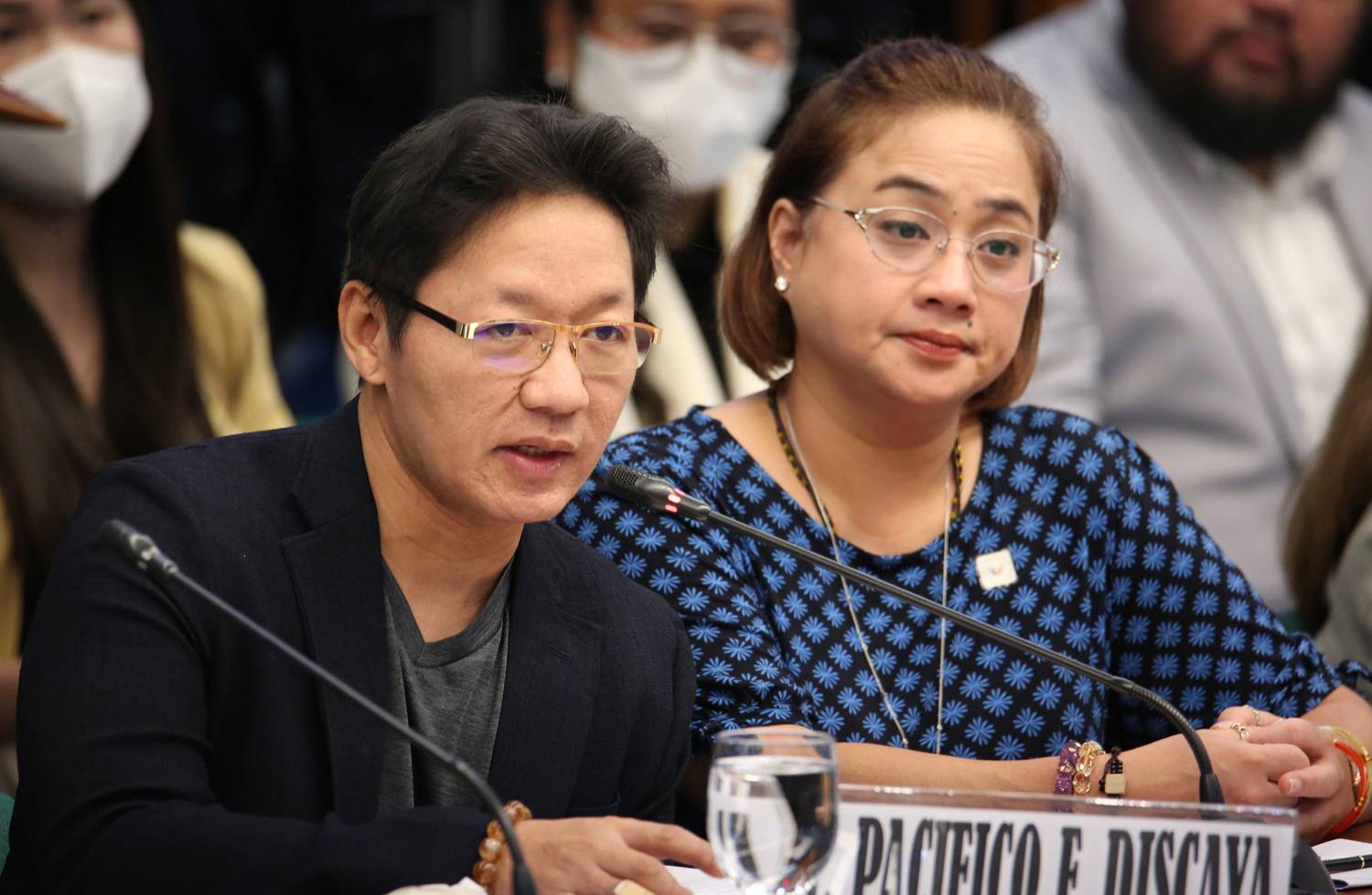
The revelations surrounding the Philippine flood control program are not just another tale of crooked officials pocketing funds. They expose something far deeper and more insidious: state capture. This is not mere corruption but the systematic redesign of government institutions to serve powerful networks rather than the public good.
When government engineers testified that billions of pesos meant for flood control vanished into legislators’ pockets while communities remained unprotected, they showed us how entrenched this machinery of theft has become.
The numbers alone are staggering. As much as 70 percent of the flood control budget reportedly disappeared into corrupt schemes, more than $2 billion in just three years.
But the real damage cannot be measured in pesos. Every stolen peso means another family losing a home to floods that proper infrastructure could have prevented.
Every substandard dike or drainage system condemns communities to remain perpetually vulnerable to natural disasters.
This is not just theft; it is betrayal with lethal consequences.
Much of our anticorruption discourse continues to treat corruption as if it were simply about greedy individuals. The assumption is that better pay, more ethics training or stricter oversight will curb the problem.
But what happens when the entire system itself is engineered to reward dishonesty? In a captured state, being corrupt becomes safer and more profitable than being honest. Whistleblowers are punished while thieves are promoted. Watchdogs are tamed or bought. The supposed guardians of integrity turn out to be the chief beneficiaries of plunder.
State capture
This is the essence of state capture, and it is qualitatively different from ordinary graft. Corruption, in its common form, exploits loopholes in otherwise functional institutions.
State capture, however, reshapes those very institutions to guarantee theft. Procurement rules are written to favor cronies. Oversight agencies become lapdogs instead of watchdogs. Quality control is reduced to empty rituals designed to legitimize predetermined outcomes.
The whole machinery of governance is turned into an extraction device.
The flood control scandal shows this in stark relief. According to whistleblowers, projects were designed to be substandard from the outset, not by accident but by deliberate choice. Lower costs meant more “savings” siphoned off to political patrons. This required coordination across multiple levels of government, making corruption not an opportunistic side hustle but the most rational career path for survival. Honest engineers, on the other hand, were sidelined, threatened or forced out.
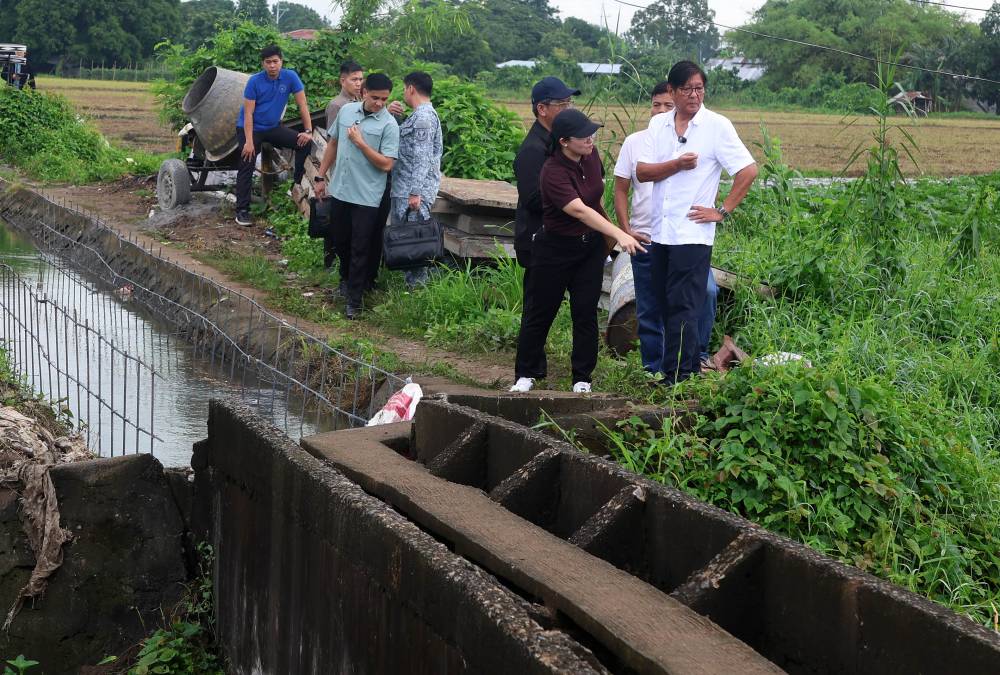
When honesty becomes suicidal, what hope remains?
In a functioning democracy, such a colossal theft would set off alarms everywhere. Auditors would flag discrepancies. Inspectors would halt substandard projects. Opposition lawmakers would demand investigations. The press would hound those responsible. Citizens would take to the streets.
Instead, in the Philippines, each safeguard was neutralized or co-opted. Auditors who raised concerns lost their jobs. Inspectors who looked away were rewarded. Lawmakers were implicated themselves, turning congressional inquiries into exercises in damage control. Journalists who probed too deeply risked their lives.
This is not a broken system. It is a hijacked one.
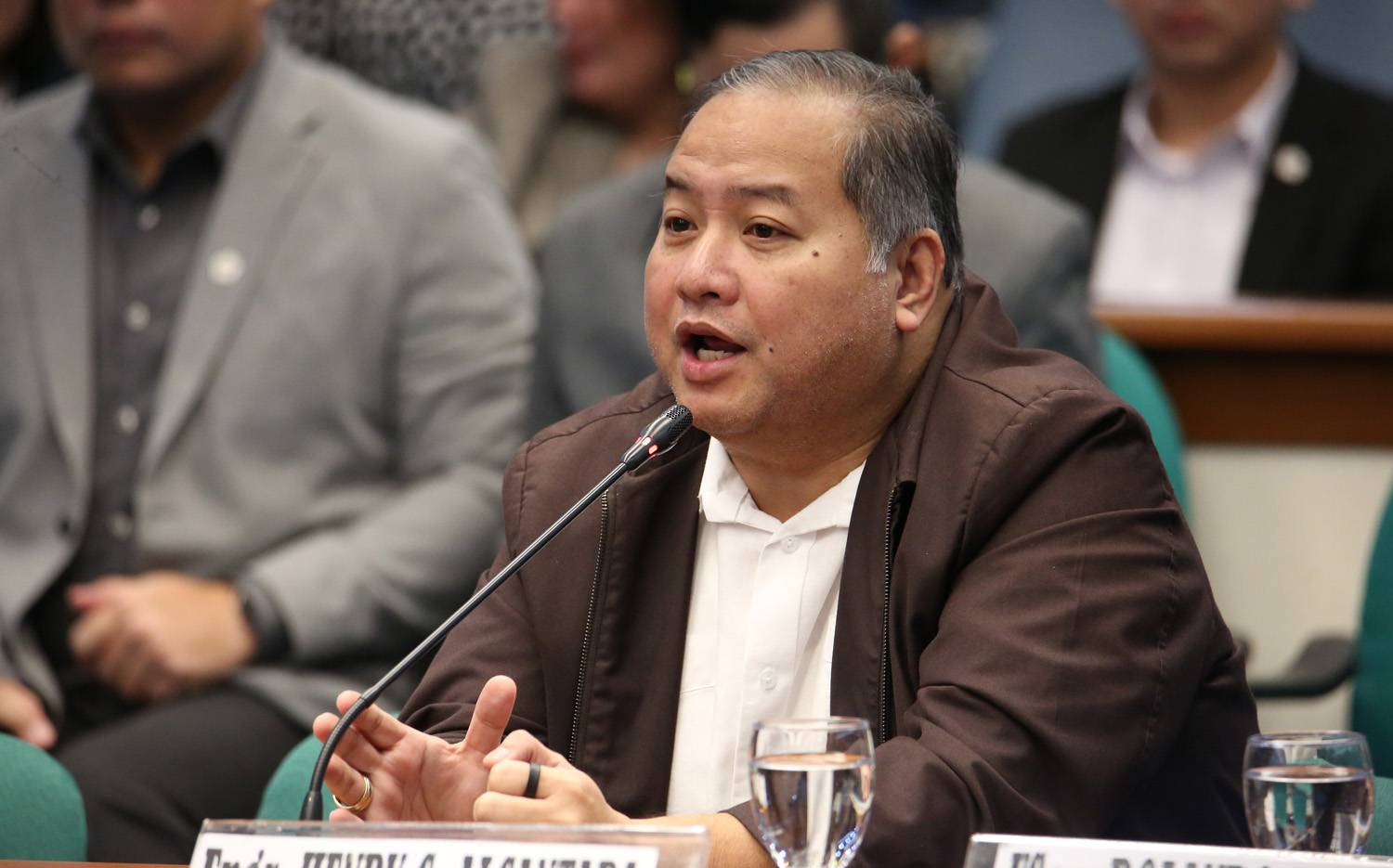
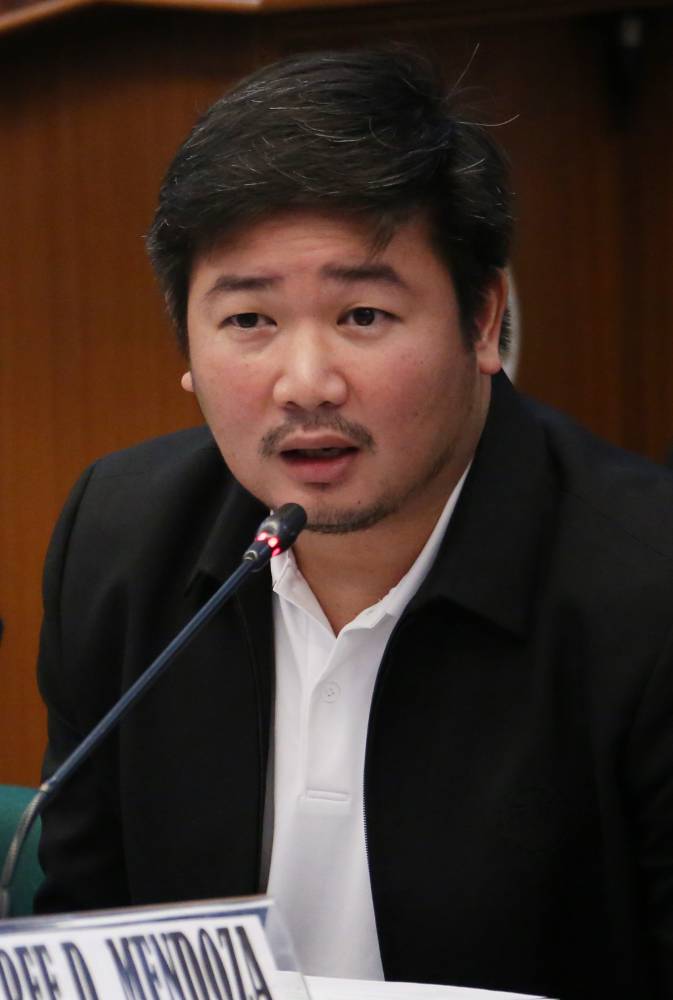
Break the cycle
This is why truth-telling becomes so important. Without credible, detailed evidence, the public can be convinced that corruption is just a matter of isolated bad apples. But when engineers like Brice Ericson Hernandez and Jaypee Mendoza step forward with testimony grounded in technical knowledge and firsthand experience, denial becomes impossible. They show exactly how specifications were manipulated, who benefited and why honesty had no place in the system. Their courage is invaluable, but even that is not enough.
We have been here before. The Napoles pork barrel scam also shocked the nation with its brazenness, yet it produced only token prosecutions and cosmetic reforms.
After the outrage faded, the same networks remained intact, only more sophisticated in concealing their tracks. The risk today is that the flood control scandal will follow the same cycle: a few scapegoats punished, a few new rules announced, and then business as usual resumes while the public grows more cynical.
If we are to break this cycle, outrage must be converted into transformation. That means more than jailing a handful of officials. It requires delegitimizing the entire captured system. Citizens must recognize they are not facing isolated cases but a structure designed for theft. More importantly, reform must not mean simply replacing one corrupt network with another. Genuine alternatives must arise, though this is easier said than done in a political arena where survival often depends on joining the racket.
Civil society and media must also play a stronger role. But let us not be naïve. State capture works precisely by co-opting or weakening these institutions.
That is why sustained independence is so difficult to maintain. Ultimately, transformation will depend on creating mechanisms that make corruption more costly than honesty. This can be achieved through electoral consequences, institutional reforms, and relentless civic pressure.
A fleeting opportunity
This scandal, however, may be different. The evidence is unusually detailed and credible. The losses are so vast, and the human suffering so tangible, that outrage is cutting across partisan lines.
When people realize that corruption is not some abstract issue but the reason their communities flood every rainy season, the anger becomes deeply personal. That kind of visceral understanding is harder to pacify with token reforms.
But this is a fleeting opportunity. Without sustained effort, we will see another cycle of anger, resignation, and forgetfulness. To break free, we need reforms that shield oversight bodies from political control, strengthen procurement transparency, reduce the political resources available for patronage, and empower civic organizations to hold government accountable. Above all, we must flip the incentives so that honest service becomes viable and corruption becomes the fast track to disgrace and ruin.
The flood control scandal is both crisis and opportunity.
The crisis is obvious: a disaster-prone country robbed of the very infrastructure meant to protect its people. The opportunity is that the scale of the theft has laid bare, for all to see, how deep state capture runs. What we do now will determine whether this moment sparks transformation or becomes just another entry in our long ledger of scandals. We cannot afford the latter.
(Leonardo A. Lanzona Jr. is professor of economics at the Ateneo de Manila University.)

















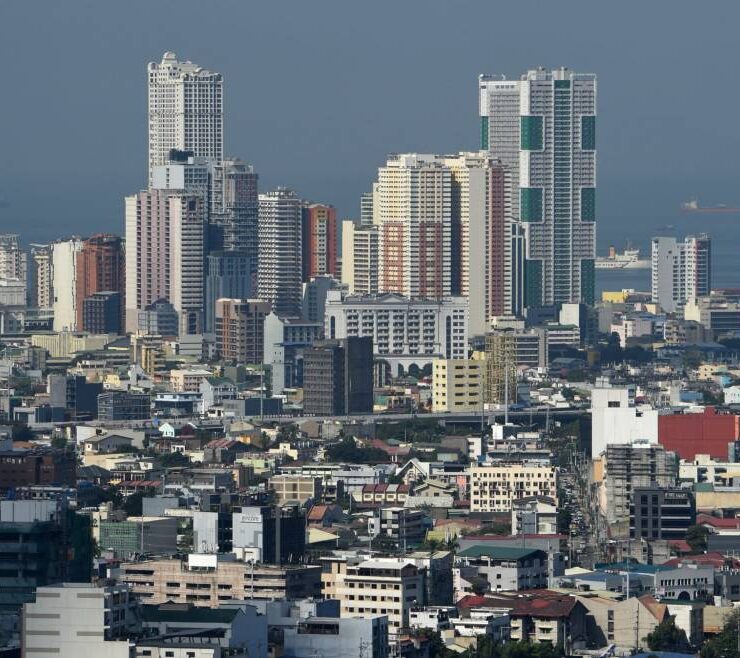



Talent, transition and continuity: 2026 hiring and succession in PH economy